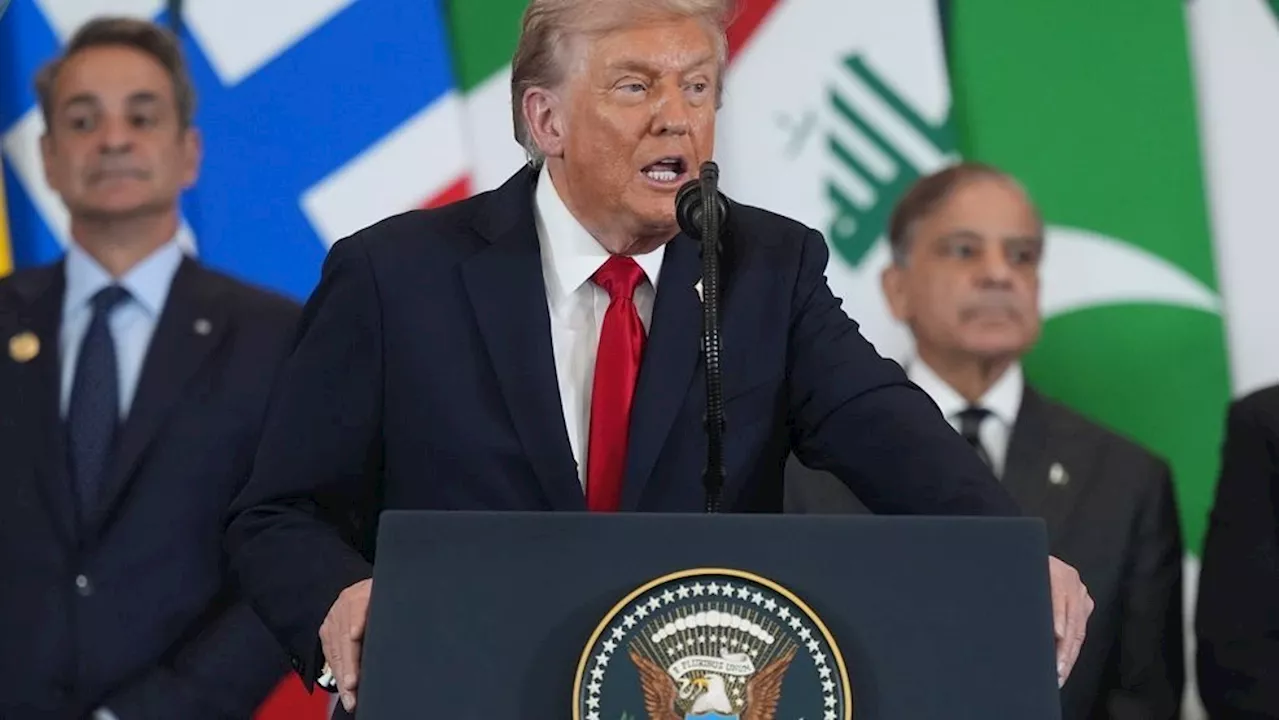Argentinian President Javier Milei visited the White House on October 14, 2025, shortly after the U.S. Treasury finalized a $20 billion currency swap framework with Argentina. This substantial financial move aims to assist the South American nation as it grapples with the threat of a financial crisis. The initiative reflects a broader effort by the United States to stabilize Argentina’s economy and, simultaneously, to mitigate China’s influence in the region.
During his meeting with U.S. President Donald Trump, Milei highlighted the significance of American support in addressing Argentina’s ongoing economic challenges. The currency swap aims to strengthen the Argentine peso and restore confidence among international investors. This financial intervention comes at a critical time, as Argentina’s economy faces mounting pressures, including high inflation and substantial debt obligations.
The U.S. Treasury’s decision to engage in this currency swap underscores concerns about the potential ripple effects of an Argentine economic collapse on global markets. Financial analysts warn that instability in Argentina could jeopardize economic conditions throughout the Western Hemisphere, particularly given its connections to other nations in the region, such as Venezuela.
Venezuela has been heavily reliant on Chinese state loans, amounting to nearly $60 billion, primarily focused on energy and infrastructure projects. The U.S. aims to prevent a similar scenario in Argentina, where increased Chinese influence could destabilize the existing political landscape.
This recent support is reminiscent of past U.S. interventions in foreign economies. One notable instance occurred during the Mexican peso crisis in 1994, when then-President Bill Clinton approved a $20 billion loan to help Mexico avert economic disaster. Mexico ultimately repaid the loan three years ahead of schedule, with the U.S. earning approximately $580 million in interest from the arrangement.
In the context of international finance, the U.S. has historically played a significant role in providing emergency assistance to countries facing financial turmoil. The current initiative with Argentina not only aims to stabilize its economy but also serves as a strategic maneuver to counterbalance China’s growing economic presence in Latin America.
As Milei concluded his visit, both leaders expressed optimism about strengthening bilateral ties and enhancing economic cooperation. The success of this currency swap will be closely monitored, as it not only affects Argentina but also has implications for the broader economic landscape in the Americas.
